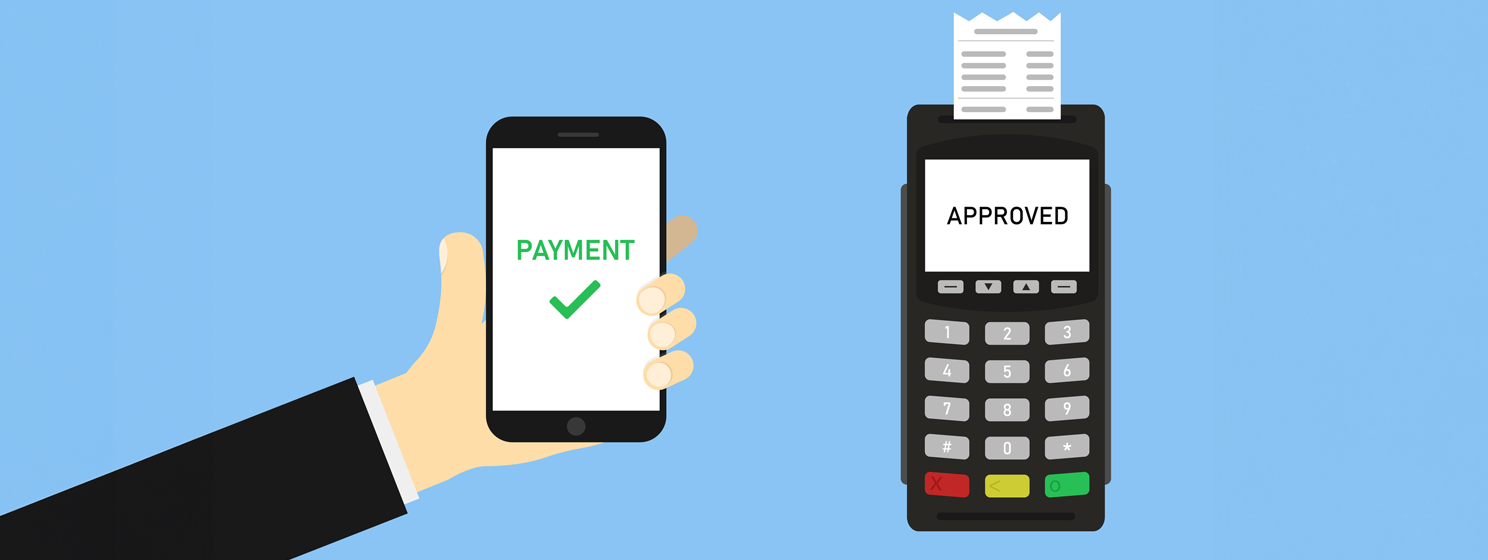|
Getting your Trinity Audio player ready...
|
The Arab Financial Services (AFS) and the Oman Arab Bank (OAB) have announced the deepening of a long-running partnership designed to extend payment functionalities for customers.
The new partnership extension will power the integration of tokenization with digital wallets, offering a raft of benefits for users. The feature leverages AFS’s new digital platform, reducing merchant onboarding costs while allowing OAB to launch secure wallet services, sidestepping a traditionally complicated process.
The new tokenization feature offers OAB’s customers enhanced security by removing sensitive data from devices. Apart from its fraud reduction perks, the tokenization integration will enable wider merchant acceptance while making it easier for merchants and OAB to comply with regulatory processes.
“We are committed to embracing innovation that enhances our customer experience and future-proofs our services,” said OAB CEO Sulaiman Al Harthi. “We are proud to be among the first banks to launch on AFS’s new digital platform—a move that aligns perfectly with our digital transformation agenda and positions us to lead the market in seamless, secure payment solutions.”
Before extending its collaboration with the AFS, the OAB had introduced tokenization for Apple Pay, Google Pay, and Samsung Pay. At the time, the move placed the OAB in pole position as the leading financial organization spearheading Oman’s digital revolution.
“This renewal marks our collective intent to cultivate a new landscape of secure, agile, and supremely customer-centric financial services for the Omani market,” said AFS CEO Samer Soliman.
Armed with the AFS functionalities, analysts predict that the $600 million OAB will extend its customer base and valuation. Meanwhile, the AFS has inked a partnership with Ternoa to roll out a payment solution for enterprises in the Gulf, broadening its reach across the Middle East and Africa.
Oman turns its sights on digitization
Oman has signaled an intention to keep pace with regional first-movers for the digitization of payments, turning to emerging technologies. The country is mulling the prospects of blockchain for financial inclusivity and other use cases in key sectors of its fledgling economy.
To spearhead the push, the country is chasing a regulatory framework for digital assets to govern service providers’ operations and their tax liabilities. It also has its sights set on block reward mining, mulling the prospects of improved digital economy growth and an efficient payment landscape.
Egyptian enterprises embrace payments revolution
Elsewhere, a new report has uncovered a significant surge in digital payments adoption among small and medium enterprises (SMEs) in Egypt, driven by several factors peculiar to the North African country.
The report, compiled by payments giant Visa (NASDAQ: V), identified the glowing metrics and growth potential for digital payments among Egypt’s SMEs. An estimated 53% of merchants surveyed by Visa have incorporated digital payment functionalities into their business operations over the last two years.Over half of the merchants running SMEs disclosed an intention to pivot to digital payment systems in the coming months, eyeing the benefits gleaned from their peers that have made the transition.
Meanwhile, 80% of digital payment adopters have expressed overall satisfaction with the pivot, citing a spike in revenue and productivity. A slice of the early adopters revealed additional benefits, such as offering loyalty programs and obtaining data-driven insights.
Changes in consumer behavior are also forcing SMEs to embrace digital payments in Egypt. A thriving e-commerce sector and the fusion of social media and online retail are contributing to the surge in adoption metrics.
“Across North Africa, Levant, and Pakistan, we are witnessing a transformative shift as small and medium businesses embrace digital payments,” said Essam El Daly, Visa’s Head of Merchant Sales and Acceptance Solution for North Africa.
To improve the glowing growth metrics, Egypt’s Micro, Small, and Medium Enterprises Development Agency (MSMEDA) is eyeing a collaboration with Visa. MSMEDA CEO Bassel Rahmy disclosed ambitious plans to support local SMEs in making the leap to digital payment methods.
Rahmy highlighted the upsides of Visa’s suite of services, including Tap to Pay and contactless payment functionalities, as instrumental in onboarding new SMEs.
Egypt’s government weighs in on payment digitization
Apart from the push by the private sector, the Egyptian government has thrown its weight behind jolting financial inclusion via digitization. Last year, authorities advanced plans for a central bank digital currency (CBDC) rollout by the end of the decade, following up with the rollout of a digitalization strategy at the start of 2025.
To avoid becoming a digital colony, Egypt is spending a fortune on integrating emerging technologies into key economic sectors. Under its AI strategy, ambitious plans are being implemented to improve service delivery in governance, environment, and human resources.
Watch | BSV Stories – Episode 4 – The Middle East’s Blockchain Race

 03-03-2026
03-03-2026 




